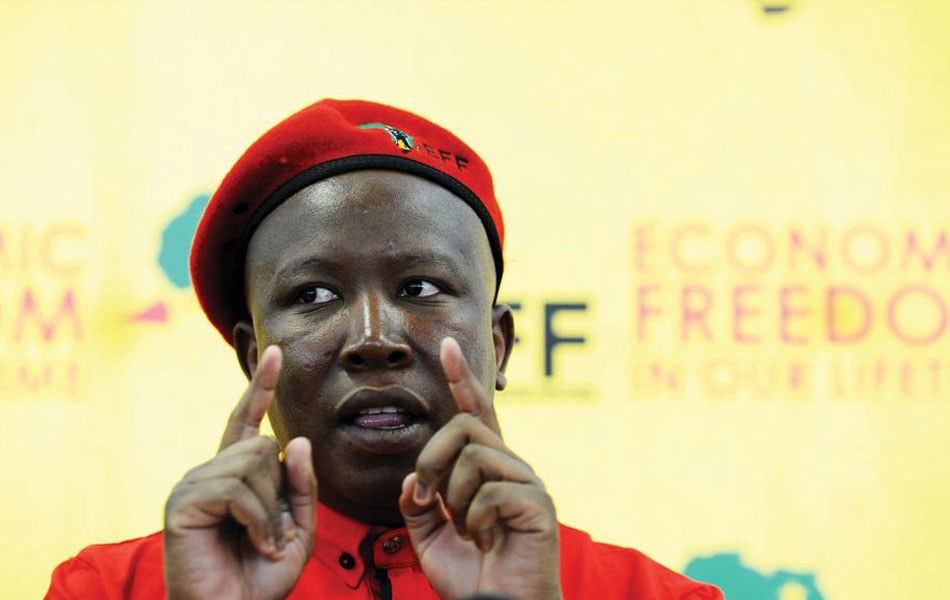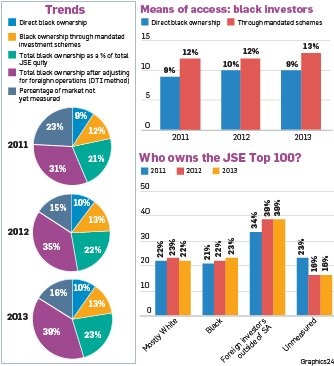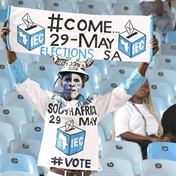
On Tuesday, South Africa witnessed the Economic Freedom March, a protest by 50 000 young economic freedom fighters, whether members of the Economic Freedom Fighters (EFF) or not.
The people are growing conscious of the consistent message we have preached: that political power without economic power is meaningless and South Africa should move from the Nelson Mandela era of reconciliation towards economic justice.
This calls for an end to the economic apartheid politically administered by the ANC.
Our 2015 march is a game-changer in South Africa’s politics and defines the beginning of an altered relationship between capitalists and politics under the leadership of the EFF.
For the first time, a political movement and the masses of our people whose aim is economic power are demanding that capitalists make concrete commitments to the development and upliftment of all South Africans, the majority of whom were oppressed and exploited to the benefit of the same capitalists.
The post-1994 ruling elite and all political parties have walked on eggshells around big business. Our people remain in poverty and there are no signs that the poverty, inequality and unemployment that define the majority of South Africans will be defeated, because the ANC leadership lacks the creativity, courage and commitment required to bring about real socioeconomic change.
The march’s demands to the Reserve Bank were simple: we need it to be fully state owned, and regulations to private banks should include making house repossessions illegal after a certain period of payment.
Banks cannot be allowed to go around evicting people from houses even after these people have paid for the real cost of their homes.
The Reserve Bank should also instruct private banks to stop bank charges on recipients of social grants and all those who earn less than R4 500.
To the Chamber of Mines, the demands are that mines should play a meaningful role in the development and upliftment of their workers and the communities where mining takes place.
The chamber played a racist and repressive role in the development of South Africa, and was an instrument that anchored the racist legislation of successive colonial and apartheid governments.
The chamber should reverse and redress the massive devastation caused towards people and communities. All mine workers should be paid a minimum wage of R12 500 and retrenchments should come to an end.
To the JSE, which in real terms is almost exclusively controlled and owned by white males, we called for all listed companies to move towards worker ownership and control, a necessary socialist characteristic that would address the narrow black economic empowerment (BEE) approach taken by the ANC since 1994.
BEE, even so-called broad-based BEE, will never empower the people in all the impoverished areas of South Africa.
Worker ownership and control of key businesses, particularly chain stores, will also address the question of worker productivity, which capitalists complain about.
For the economic-emancipation movement, the free education campaign is not opportunistic. Provision of free quality education for all is essential for the realisation of economic freedom.
Resources generated in South Africa, and a responsible government, will bring about free quality education for all, and the chamber, the banks and all listed companies must play a central role.
If we want to occupy it, we will do so and no one can stop us. Businesses should not wait for when we shut down all businesses opposed to progressive change.
Thus far, the movement is still under our political, ideological and organisational guidance, but if businesses do not come to the party, the thousands of people of Alexandra will just cross the road to go and fetch what belongs to them in Sandton.
The masses of our people want economic change and the sooner we all realise this reality, the better. Only economic freedom will reignite hope in a democratic society.
Malema is EFF president
Who owns the JSE? Ferial Haffajee takes a look
This week, a red army of EFF members swarmed the JSE, the bourse where listed wealth can be measured. It is the second time Julius Malema descends on the exchange in Sandton – in 2011, he led an equally large march that passed by the JSE after leaving Johannesburg’s inner city and ended after a long march through the night to Pretoria.
On Tuesday, Malema again marched from the citadel of mining power, the Chamber of Mines in the centre of Johannesburg, to the JSE. Who owns the listed wealth on the JSE? The latest figures from the JSE are good to the end of 2013.
They show that direct black ownership is at 10% while black ownership through mandated investments (pension funds, annuities, unit trusts) is at 13% – giving a total of about 23%. The two types of ownership for white South Africans is at 22% – although whites make up a much smaller percentage of the total population. Ownership levels since 2011 have grown at one percentage point a year from 21%.
Direct ownership is measured as: BEE deals at listed level; BEE deals at subsidiary level; employee share ownership and other broad-based ownership schemes; and retail ownership (through share purchases, usually in special BEE deals).
The National Empowerment Fund figures of JSE ownership quoted by President Jacob Zuma earlier this year suggest direct black ownership is much lower, however, at 3%.




 Publications
Publications
 Partners
Partners









